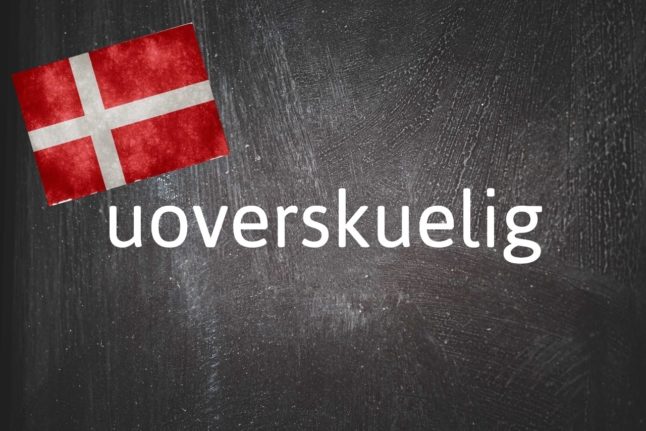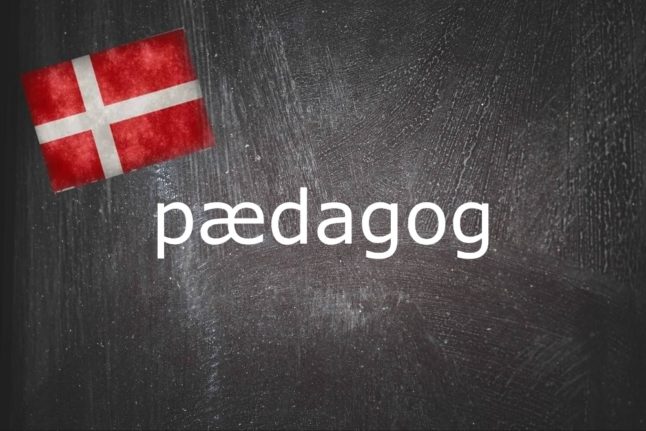What is uoverskuelig?
This word contains skuelig, a substantive from the verb at skue, which means “to view” but is not common in spoken Danish, where at se på or at kigge på (“to look at” in both cases) are more likely to be used to refer to looking at or viewing something.
At skue is often used in a more literary sense and can be compared to saying “consider” or “regard” when talking about looking at something. If you “cast your eyes upon” an object or landscape, you skuer it.
With the prefix over- , overskuelig means something that is possible to get a clear view of, to comprehend its full extent. Figuratively, this means to fully understand, master and be in control of something – not just to look at it.
The negation particle u reverses this meaning, giving you something that is hard to comprehend or deal with, so much so that you don’t really know where to start.
Why do I need to know uoverskuelig?
It’s a curious and very commonly used word but one that is notoriously difficult to translate accurately into English.
As a side point, I think the double vowel at the start gives it a nice aesthetic. Lots of negated words are like this – uudholdelig (“unbearable”) and uafbrudt (“uninterrupted”) to name a couple of examples.
If you have a task – or more broadly, a day – ahead of you that you just don’t feel you have the energy or knowledge to deal with, you can say it’s uoverskuelig. In verb form, jeg kan ikke overskue means the same thing – approximately, “I can’t deal/cope with”.
Not being able to overskue something can be related to its size or complexity, but can also reflect your own condition – if you are feeling extremely tired, even a trip to the supermarket can be uoverskuelig.
It is also commonly used without the negation: Kan du stå for aftensmaden i dag? – Ja, det kan jeg godt overskue (“Can you take care of dinner today? – Yes, I can handle it”).
Examples
Jeg skal have kigget min forskudsopgørelse igennem, men det er lidt uoverskueligt.
I need to look through my tax return, but it’s quite complex.
Jeg kan aldrig overskue at tage på arbejde om mandagen.
I never feel like going to work on Mondays.



 Please whitelist us to continue reading.
Please whitelist us to continue reading.
Member comments